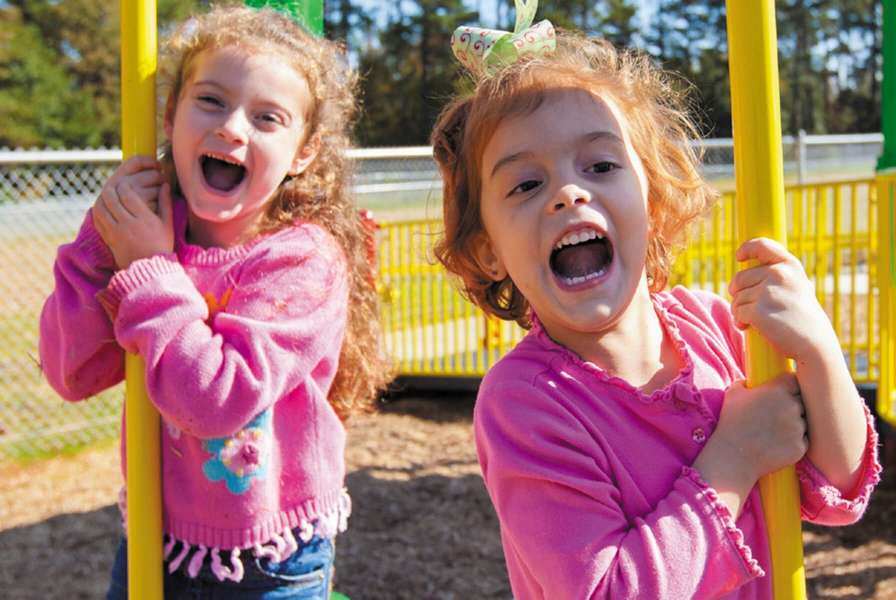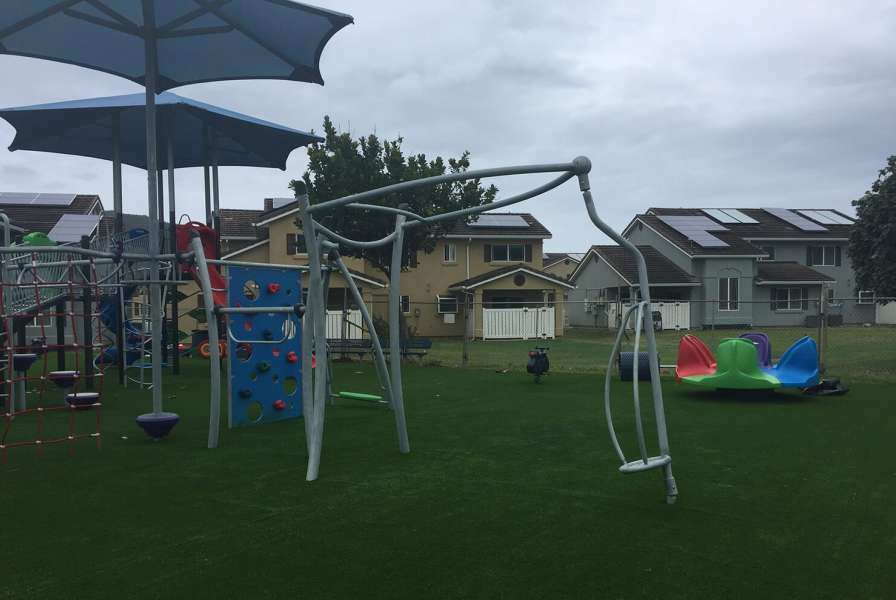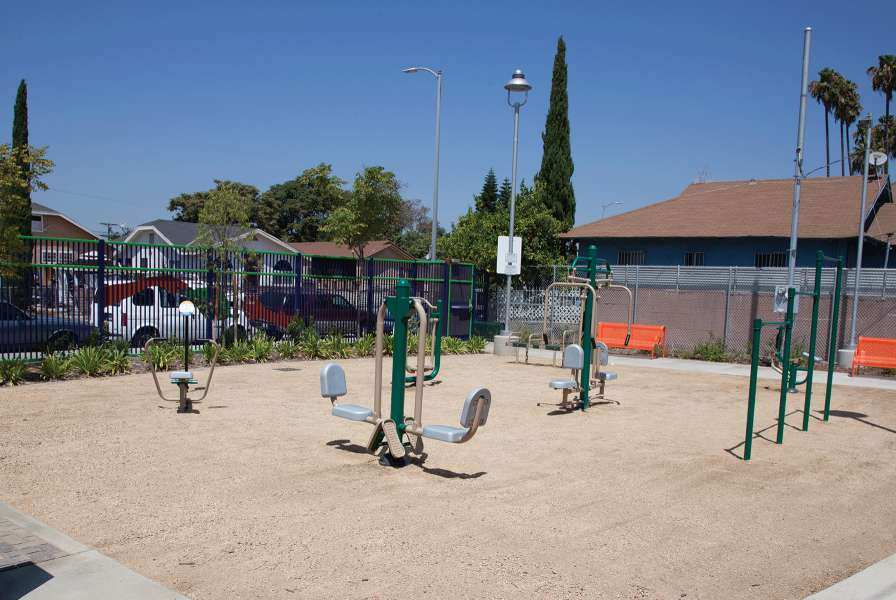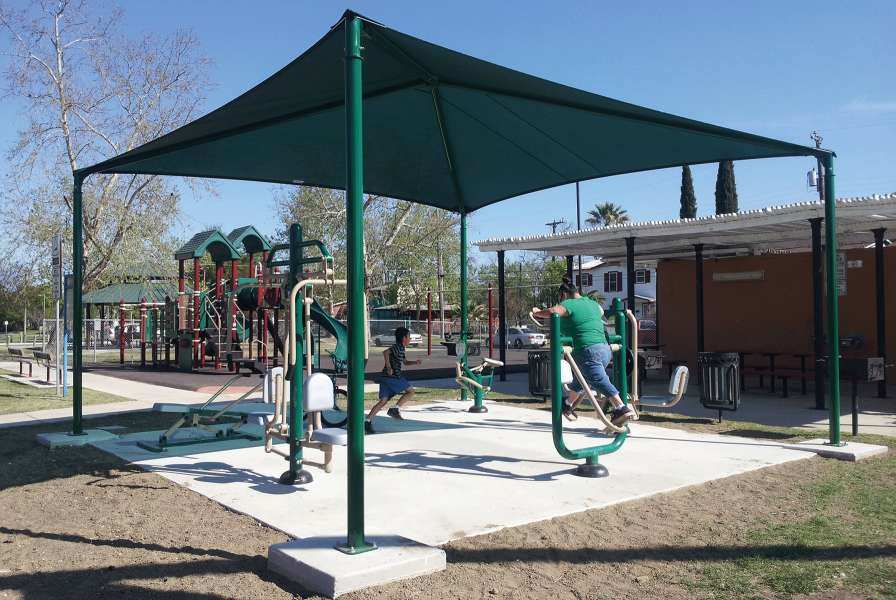- Home
- Resource Library

Resource Library
Explore our Resource Library
We’re pleased to offer a variety of evidence-based materials to help plan, advocate for, design, and program healthy outdoor spaces. Explore them by topic below, learn how other communities put them into practice, and discover additional articles and tools to begin turning ideas into reality.
Putting Research Into Practice
Scroll and select from the topics below to learn how we helped communities around the world combine programs, products, and services as only PlayCore can to create engaging outdoor environments that promote community vitality!
Check Out Materials From the Resource Library
Every resource is fueled by knowledge from our Research Institute, time-tested, and put into practice by organizations around the world.
Looking for Project Funding?
Explore our Funding Database containing grants, foundations, and other funding sources that will consider outdoor recreation infrastructure in their funding scope.
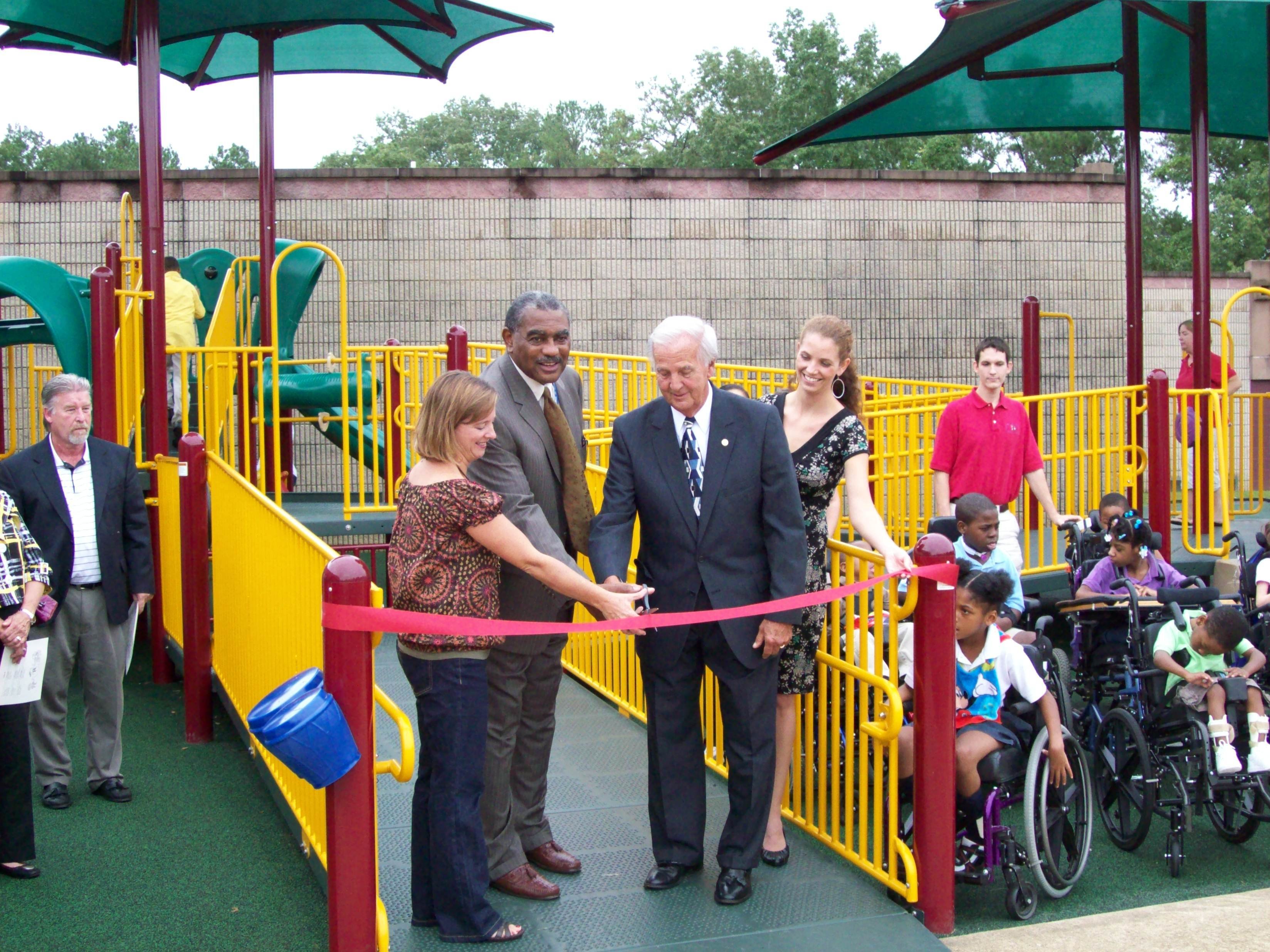
Design Guides
Implement evidence-based design that turns research into practice to promote high-quality, active environments and join our National Demonstration Site Network to be eligible for data reporting.

Planning Tools
Learn to thoughtfully advocate and plan a variety of play, recreation, and outdoor space projects. These guides offer practical approaches, tips for soliciting community engagement, and case examples of successful projects.

Advocacy & Impact Tools
Resources to build advocacy through thought leadership, validated, citable references, and funding sources that empower advocates to speak with authority on community need, and the actions to bring about change.

Curricula & Programming
Programming helps increase usage and engagement. Our standards-based curricula help maximize playground investment by promoting character education, learning, and physical fitness.
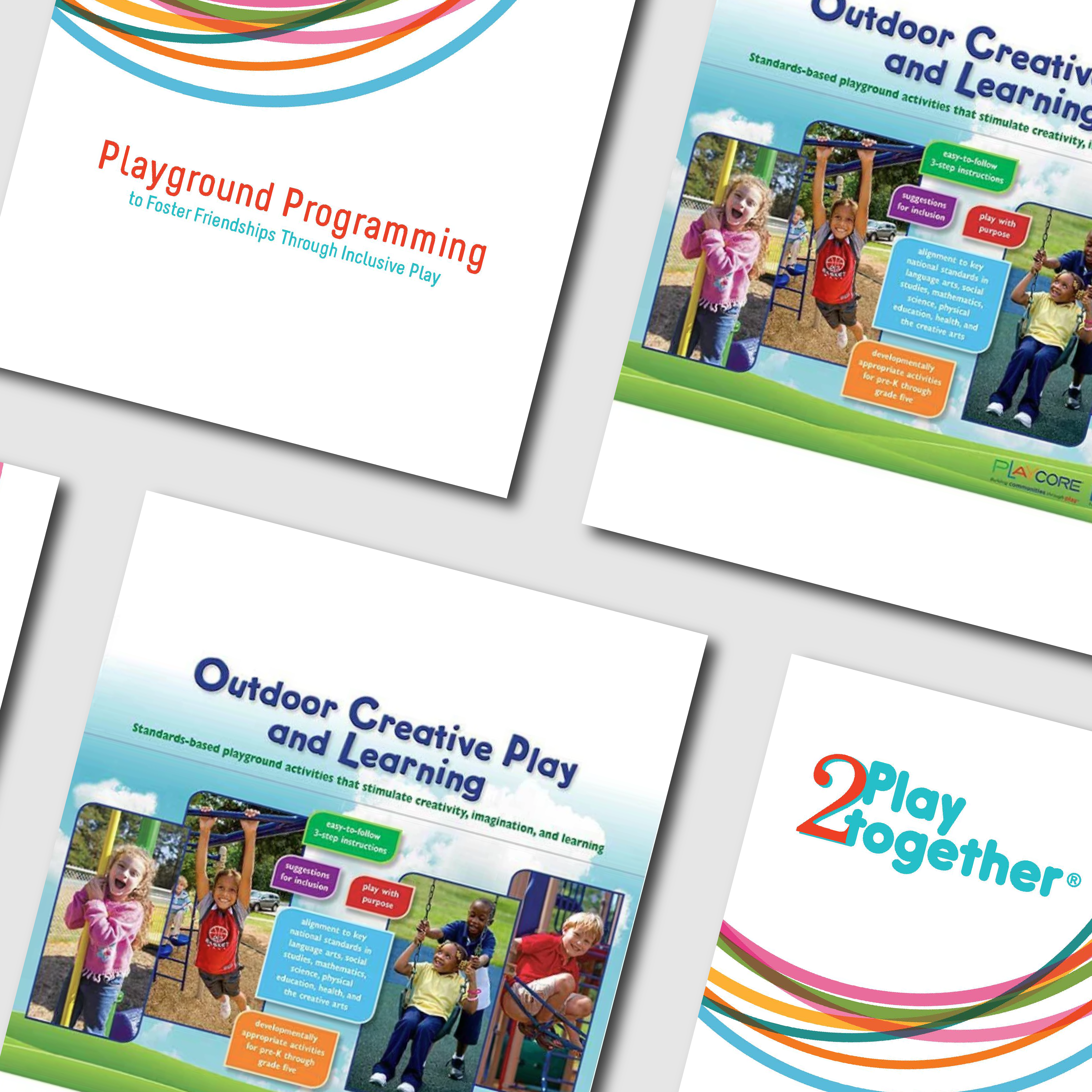
Add More Play Value with Plants
Our Plant Database uses typical search categories like zone and growth habit, but uniquely includes a search field for play value like loose parts, scent, pollinator, and more to create more playful landscapes!

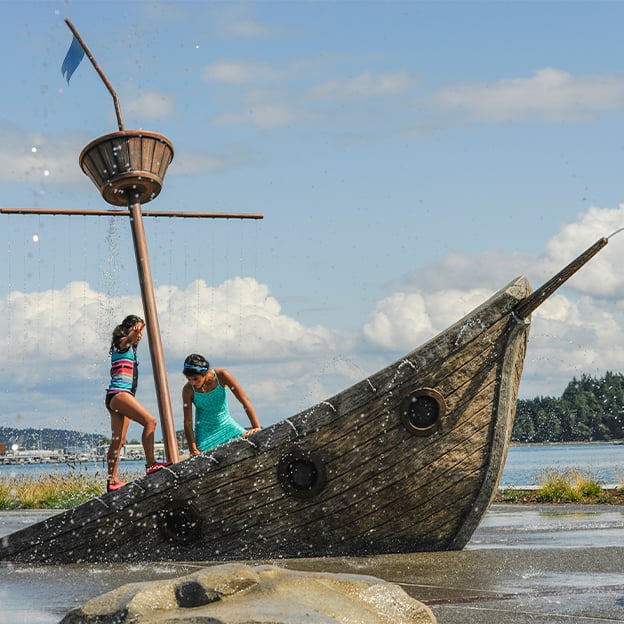

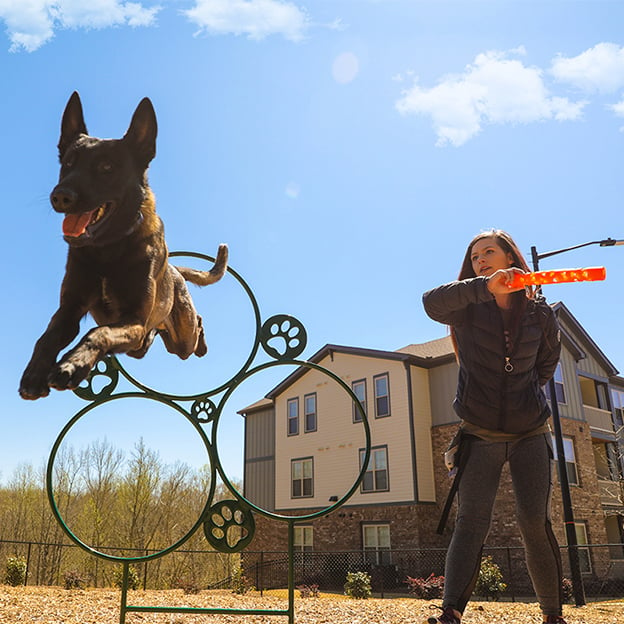
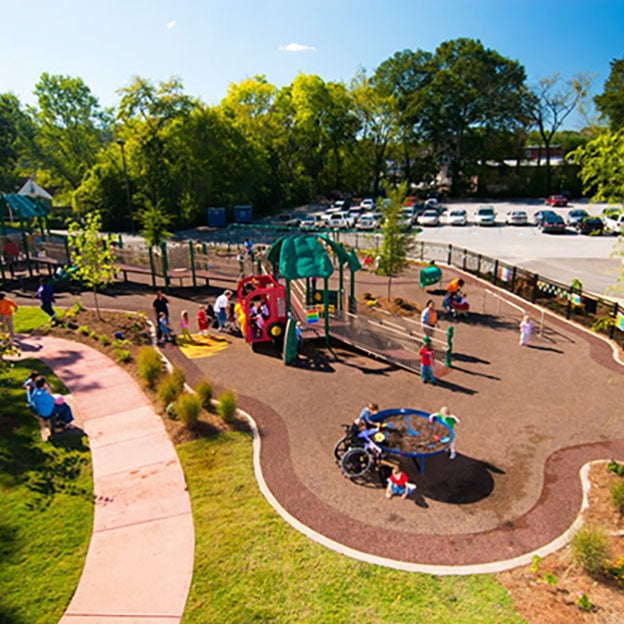
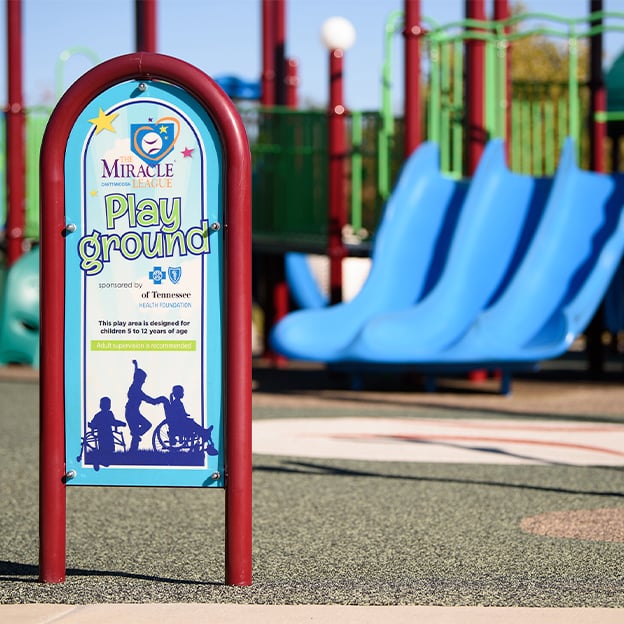
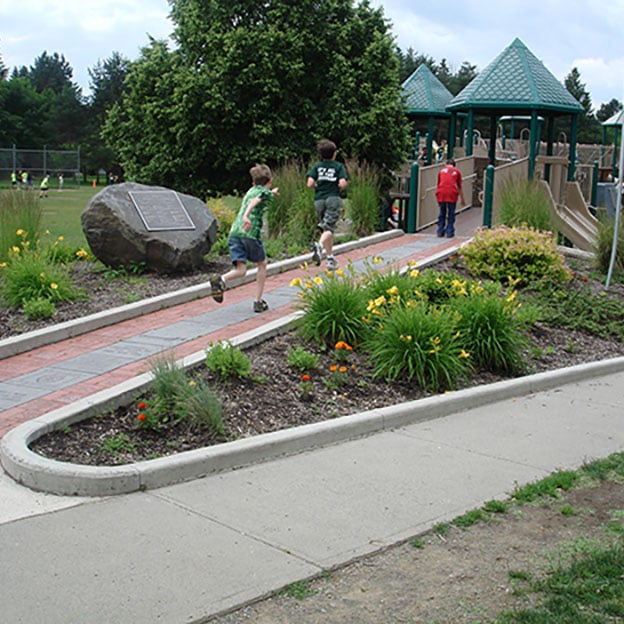
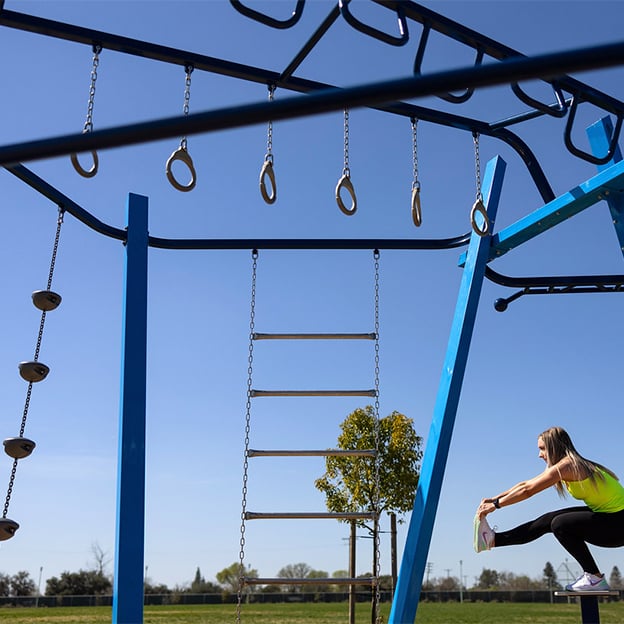


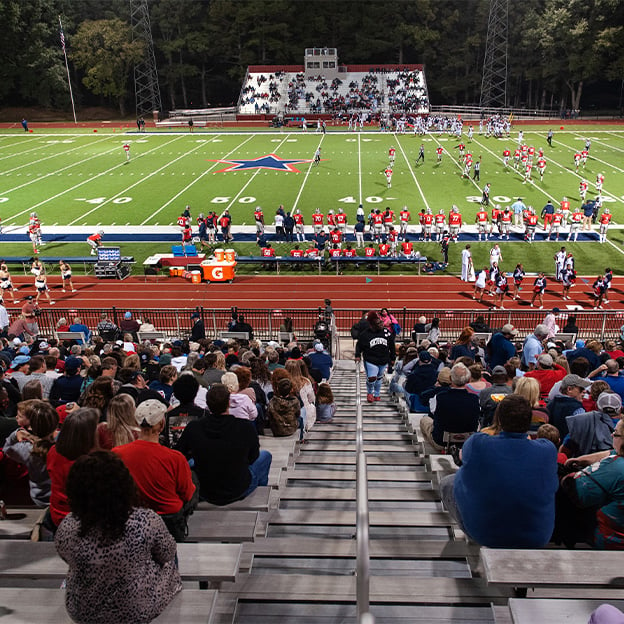
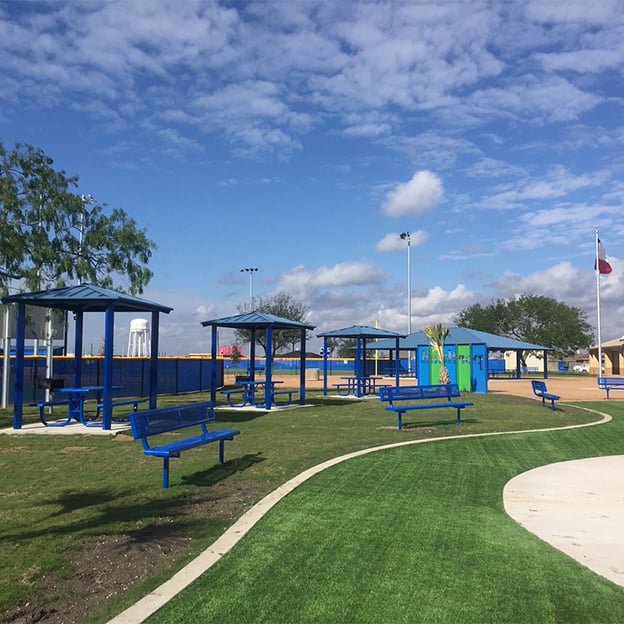
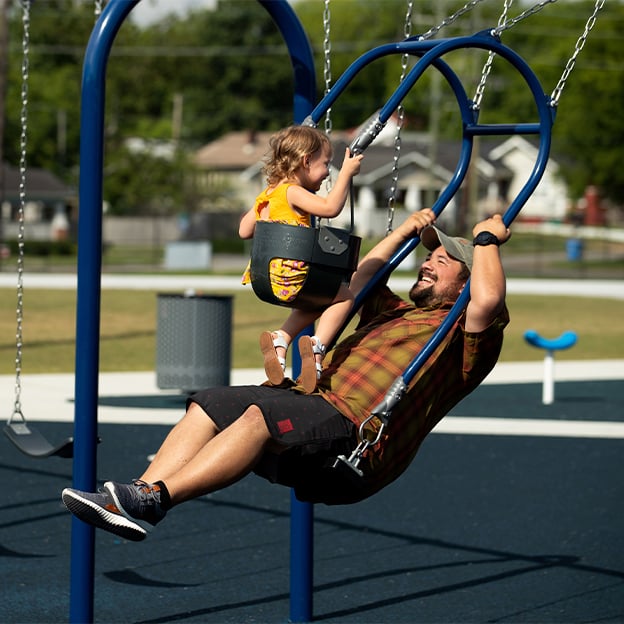
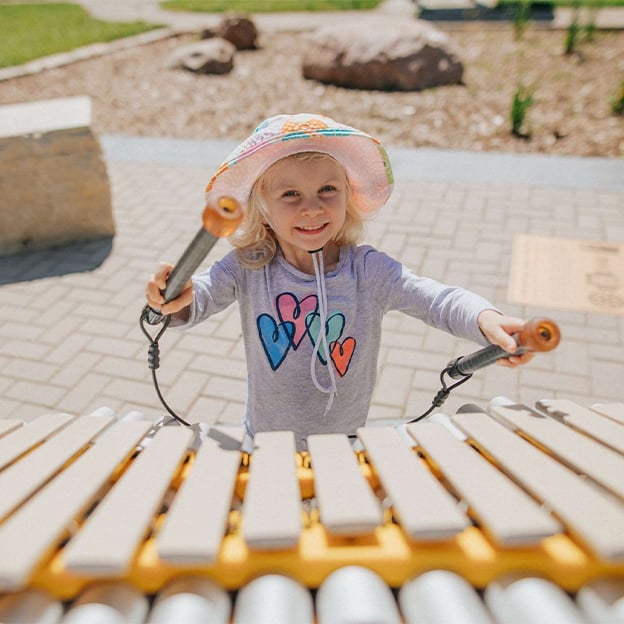
.png?width=624&height=624&name=Untitled%20design%20(66).png)
